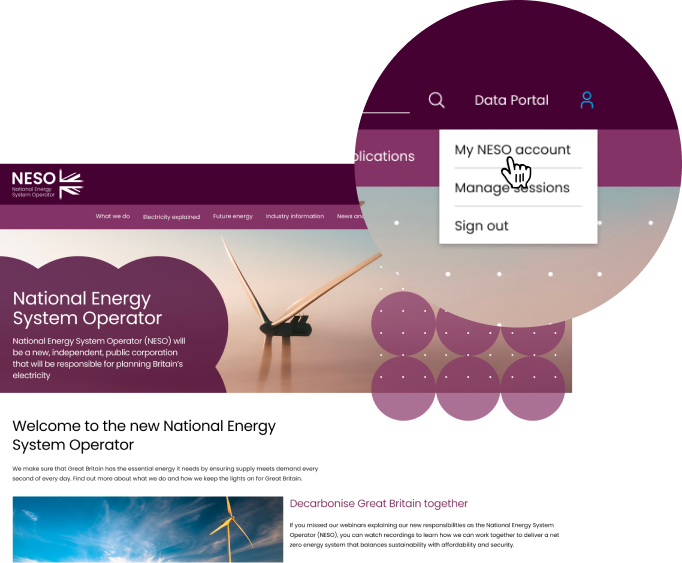Search results
Filter by
Content (432)
Future energy
Project summaryChanging generation is resulting in lower system inertia and increasing costs, with residual inertia making up a larger percentage of the total system inertia.
Future energy
Project summaryOne of the primary inertia tools used by the ESO, forecasts inertia 24 hours ahead, but only for regions where Phasor Measurement Units (PMUs) enable inertia measurement.
Future energy
Project summaryAs the number of large wind and solar connections increases, any potential interaction, due to the differences in their converter control system, will be an important consideration…
Future energy
Project summaryAs energy systems fundamentally change in a way not seen before, radical systems-level thinking is critical to adapt.
Future energy
Project summaryThe ground breaking Demand Flexibility Service (DFS) allowed over 1.6 million households and businesses the opportunity to participate in a national flexibility service and be rewarded…
Future energy
Project summaryEnergy and balancing services are currently procured sequentially in separate markets.
Future energy
Project summaryDigitalisation and data sharing are critical enablers to the achievement of net zero.
Future energy
Project summaryGenerative AI (Gen AI) creates diverse, realistic artifacts across various domains, including images, video, music, speech, text, etc.
Future energy
Project summaryCurrently there are a significant number of assets which are not able to participate in Frequency Response services due to challenges in clearly demonstrating frequency response…
Future energy
Project summaryThere is an ever-increasing demand for Artificial Intelligence (AI) & Machine Learning (ML) to deliver innovation projects needed for achieving net zero targets.
